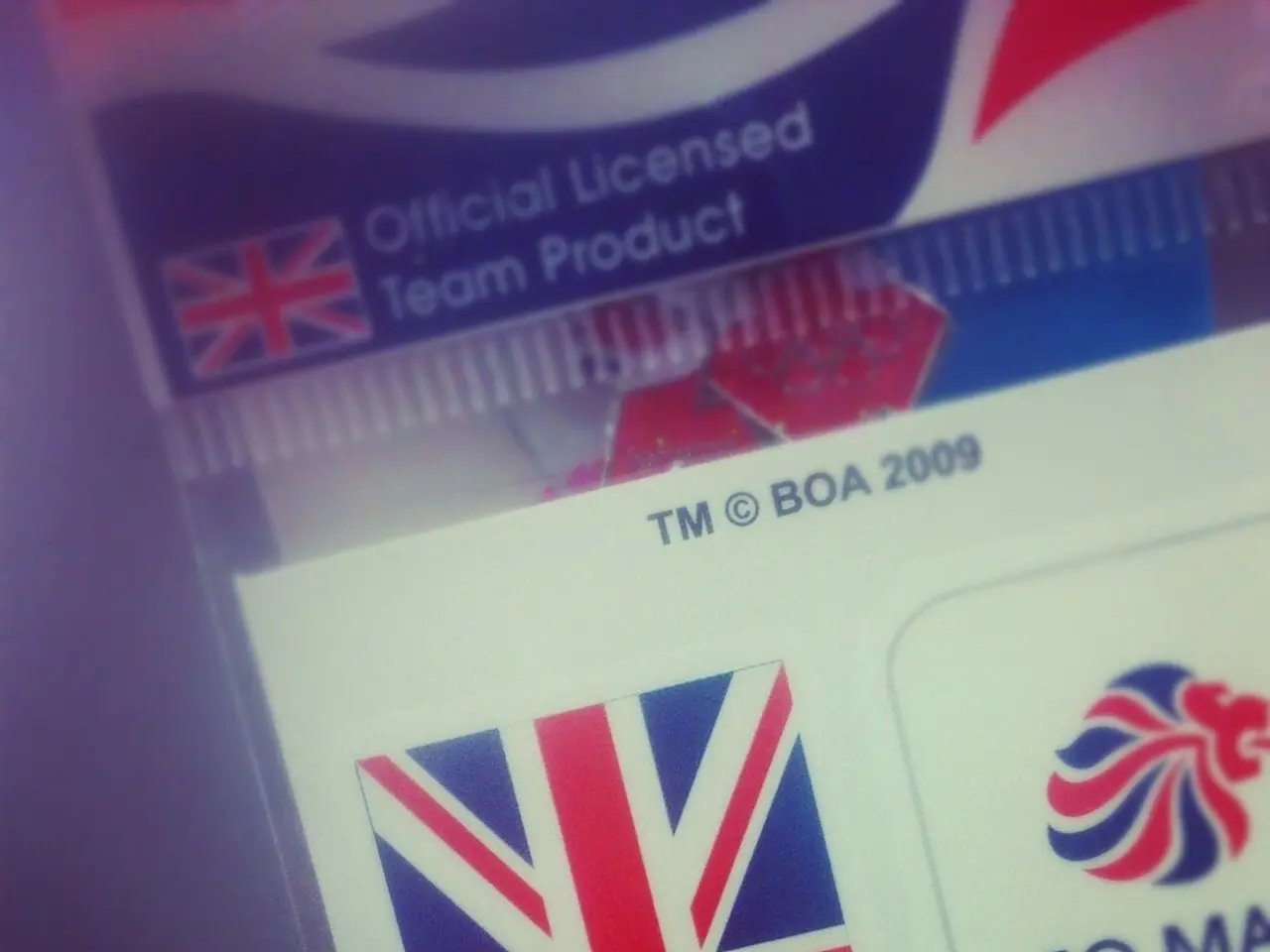Steps Every Innovator Should Take to Protect Their Creations
In today's competitive business landscape, safeguarding intellectual property (IP) is paramount for innovators. By implementing a robust framework, businesses can secure their innovations and maintain a competitive edge.
Intellectual property rights (IPR) are legal protections designed to secure creators' rights over their inventions, designs, and artistic works. These rights include patents, trademarks, copyrights, and trade secrets.
Patents grant inventors exclusive rights to their inventions for a certain period, usually 20 years. They protect new inventions, processes, or methods that are novel, non-obvious, and useful. In Germany, new challenges to patent rights can arise within nine months after the patent is granted. Thus, it's crucial to actively monitor and enforce rights to ensure they remain intact.
Trademarks protect symbols, names, and slogans used to identify goods or services. They help consumers distinguish between different products and services, and they can be a significant asset for businesses. Utilising trademark watch services can help alert you to potential infringements.
Copyrights apply to original works of authorship, such as music, literature, and art. They automatically come into existence as soon as the work is created, and they give the creator exclusive rights to reproduce, distribute, and display the work publicly.
Trade secrets protect business information that is not generally known and gives a competitive edge. They can include things like recipes, customer lists, or manufacturing processes. Encouraging a culture of innovation empowers team members to share ideas without fear of retribution, enhancing productivity and contributing to a robust IP strategy.
A proactive enforcement strategy, including issuing cease and desist letters, negotiations, or litigation, is necessary when dealing with IP infringement. NDAs are advisable when entering discussions with potential partners, investors, or employees to safeguard sensitive information.
An intellectual property audit is a process of systematically analysing a business's intellectual property assets to identify potential vulnerabilities and areas requiring protection. This can help businesses understand their IP portfolio, identify gaps, and take appropriate measures to secure their innovations.
Staying informed about changes in IP law is important for innovators to adapt and modify their strategies accordingly. Subscribing to industry publications, joining professional networks, or attending relevant conferences can provide valuable insights into current trends and legal developments that impact innovations.
A knowledgeable team is the first line of defence in protecting innovations. Providing training sessions and resources can help employees understand the importance of confidentiality and IP protocols. Encouraging a culture of innovation also empowers team members to share ideas without fear of retribution, enhancing productivity and contributing to a robust IP strategy.
By taking proactive steps to safeguard intellectual property, conducting regular audits, implementing non-disclosure agreements, filing for protections, actively monitoring and enforcing rights, educating the team, and staying informed about changes in IP law, a robust framework can be built that secures innovations and provides businesses with a competitive edge.




